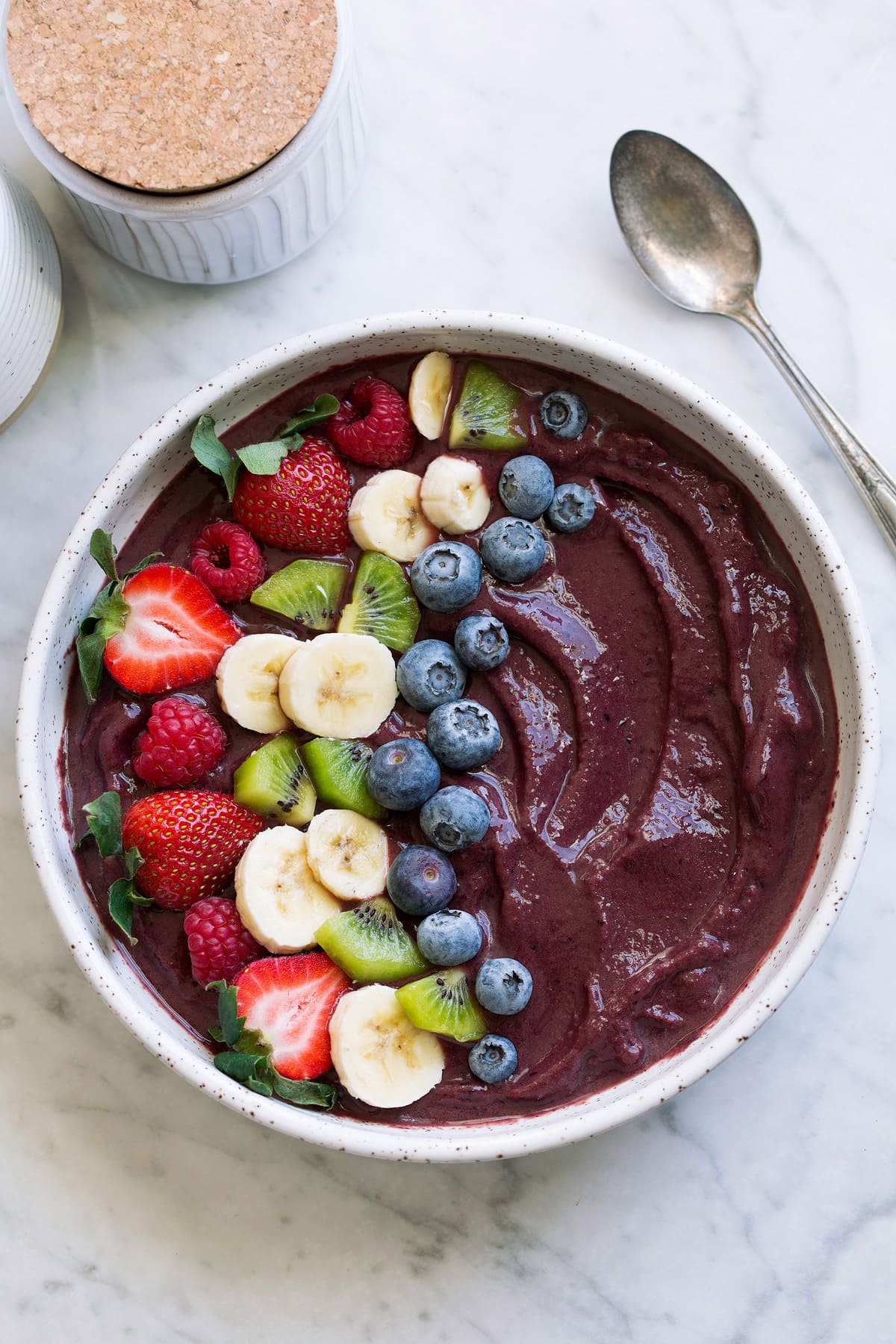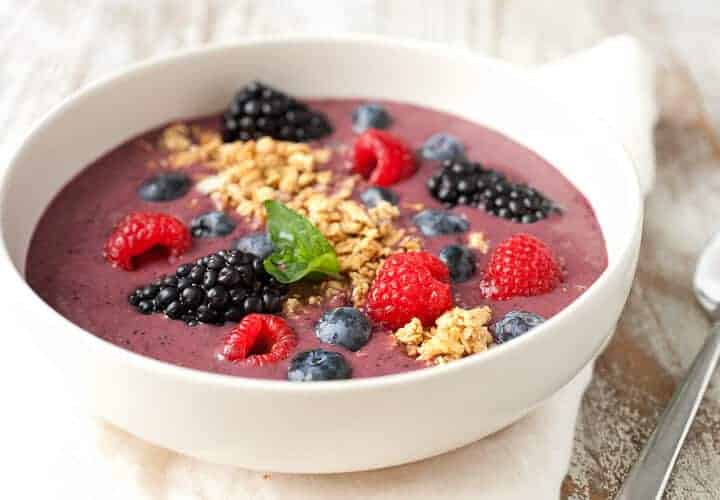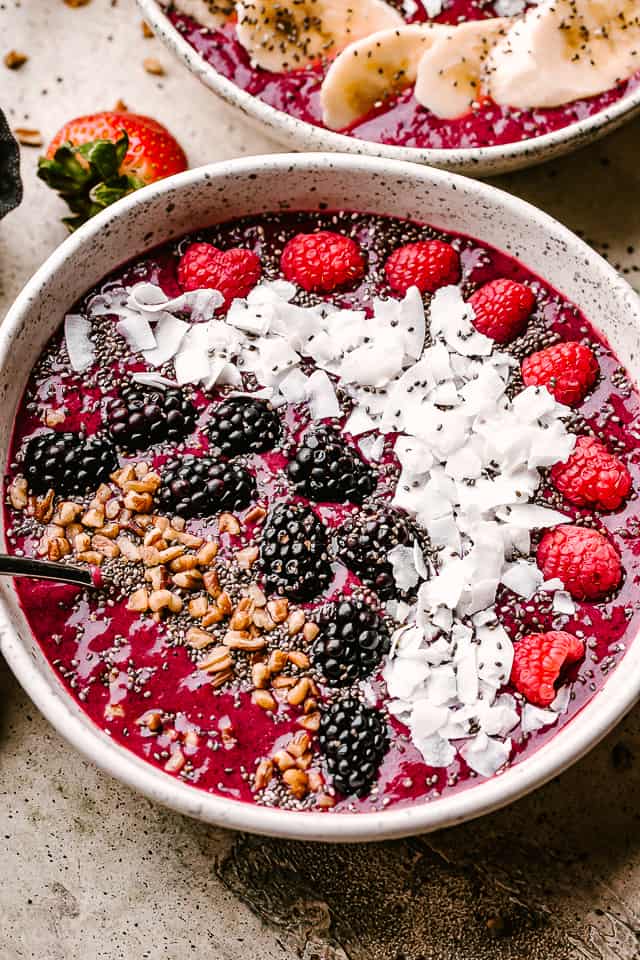Acai: Important Facts, Health Benefits, and Recipes
Explore the health benefits, history, and culinary uses of acai, a nutrient-dense superfood, and learn how to incorporate it into your daily routine for a healthier lifestyle.
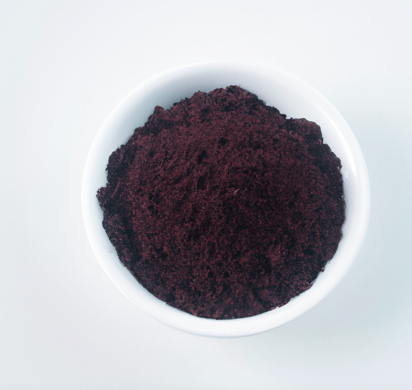
Nutritional Facts
1 g
Amount per serving
Calories
39.9
Carbohydrates
3 g
Fat
3 g
Protein
1 g
Saturated Fat
0.5 g
Sodium
14.8 mg
Fiber
3 g
Sugar
0 g


:max_bytes(150000):strip_icc()/acai-and-berry-smoothie-recipe-4165473-hero-images-3-ffc6937710764ff4ab8589f36caa143c.jpg)

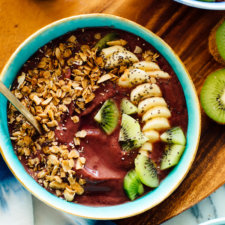
/GettyImages-162912489-584df2435f9b58a8cd096aaa.jpg)

